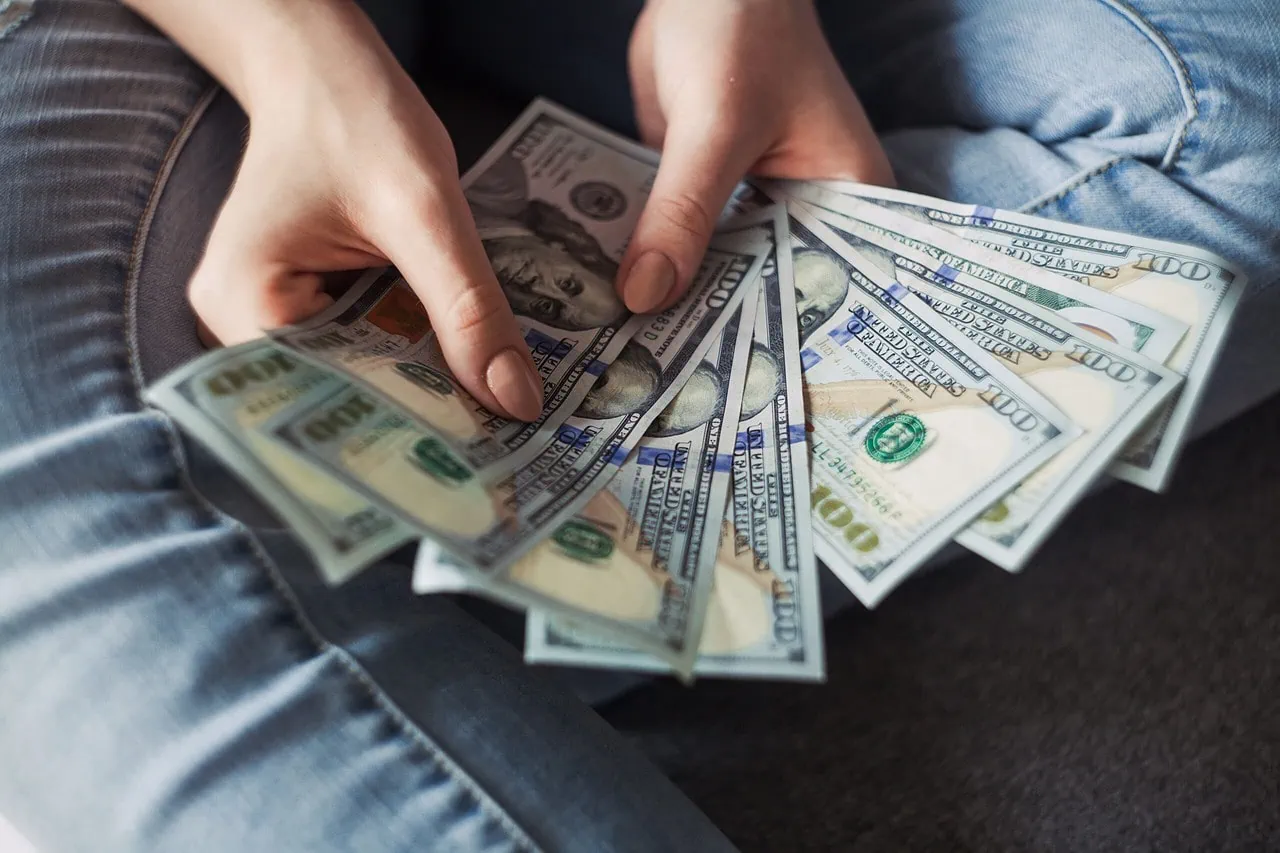
Student loan money often goes straight to your financial aid office to use toward school expenses, such as tuition, fees, and room and board. But what happens to unused student loan money that’s left over?
It usually gets sent to you, at which point you can decide whether to keep it for living expenses or return it to your lender. Here are three things to consider as you make your decision:
- Why you might have money left over from financial aid
- What you can do with unused student loan money
- How to use your leftover FAFSA money and student loan funds wisely
Why you might have money left over from financial aid
You might not think of your student loans as extra cash hitting your bank account. But once your school uses your loans to cover tuition, fees, and room and board, you might have some money left over. That’s key to understanding how your student loans are disbursed.
Federal student loans are sent directly to your school, typically via two disbursements during the academic year. If you’re a first-time borrower, your payout might be delayed by as much as 30 days. The same goes for grants if you have leftover FAFSA money.
The school applies the loan amount to your most essential academic expenses: tuition, fees, and room and board. What’s remaining (often called a credit balance) will usually be sent to you via check, direct deposit, or a school debit account.
The student loan disbursement process is similar to private student loans. Lenders rarely send funds directly to you. More often, money from private college loans is disbursed to your school. After all, your lender needs your school to verify that you’re enrolled and not attempting to borrow more than your cost of attendance.
You could, however, end up with leftover funds from your college loans if:
- You plan to live off-campus, and your school refunds you for on-campus housing costs.
- You borrowed more than you needed.
- You scored a last-minute scholarship that made part of your loan amount unnecessary.
What you can do with unused student loan money
If you end up with more student loans than you need, you have a couple of wise options to consider:
- Return your excess student loan funds
- Apply them toward other education costs
Return your excess student loan funds
For federal loans, you can return a student loan without paying a dime in interest. You’ll need to cancel the loan within 120 days of disbursement by working with your school and loan servicer.
If you return a private loan to your lender, you’ll still be responsible for interest. However, you could return the leftover funds as a student loan payment. It won’t immediately erase your debt, but it could make a big dent.
Say you have $5,000 remaining on a $15,000 loan with a 5.00% interest rate. If you returned that $5,000 to your lender in one big payment, you could save $2,476 in interest. That’s because you’d be cutting about four years off your repayment term.
Here’s another scenario: You’ve covered your academic expenses and have $1,000 of loans left in your bank account. Consider returning it to your lender instead of spending it all on your spring break trip. You could always travel by finding scholarships for a study abroad program.
It would be wise to return your loans if you can foot the bill for secondary college expenses on your own. If you have a part-time job, for example, your paycheck could likely cover the cost of your meal plan and textbooks.
Apply leftover student loan money toward other education costs
Before your government loans are disbursed, you’ll be required to complete federal entrance counseling. You’ll learn that your loans can only be used on:
- Tuition and fees
- Room and board
- Books, supplies, and equipment, including a personal computer
- Child care expenses
- Transportation
Although you could likely get away with spending federal loan money on other expenses, it would technically violate your loan agreement. The Office of Inspector General also maintains a hotline for anyone to report a misuse of Department of Education funds.
As for private loans, read your loan agreement or ask your lender about how your loans can be used. Discover, for example, recommends that you use your loans on academic expenses. But it won’t track your spending to make sure that you do.
How to use your leftover FAFSA money and student loan funds wisely
According to our 2019 survey, many students use their student loans on noneducation expenses during summer break, such as new clothes (26%), travel (20%), and entertainment (16%).
While it’s tempting to use student loan money on nonessentials, remember that you’ll have to pay that money back, with interest. As a result, that new wardrobe or spring break trip could end up costing you a lot more than its initial sticker price.
That said, you might need to use leftover student loan money to cover related expenses, such as books or transportation. But if you still are thinking about what should happen to your unused student loan money, consider returning it to your lender. You might be able to pay for those books or that bus ride to campus by taking on a job or side hustle instead.
